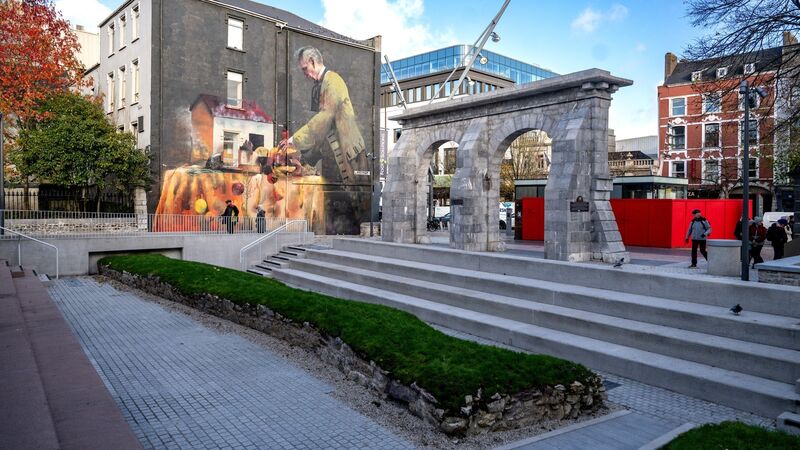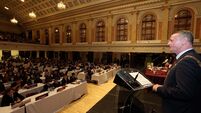Letters to the Editor: Cork City Council should be ashamed of the Bishop Lucey Park travesty

The revamped Bishop Lucey Park was opened this week. Here, Róisín Kelly writes about her 'grief' that 'the unique green jewel that made Cork City so appealing to me is gone.' Picture: Chani Anderson
I am writing to express my profound shock, grief, and rage at the condition of Bishop Lucey Park following its unveiling several days ago.
In what state of mind did the Cork City councillors decide it was a good idea to pave over and gravel the only remaining green space in the city centre?











